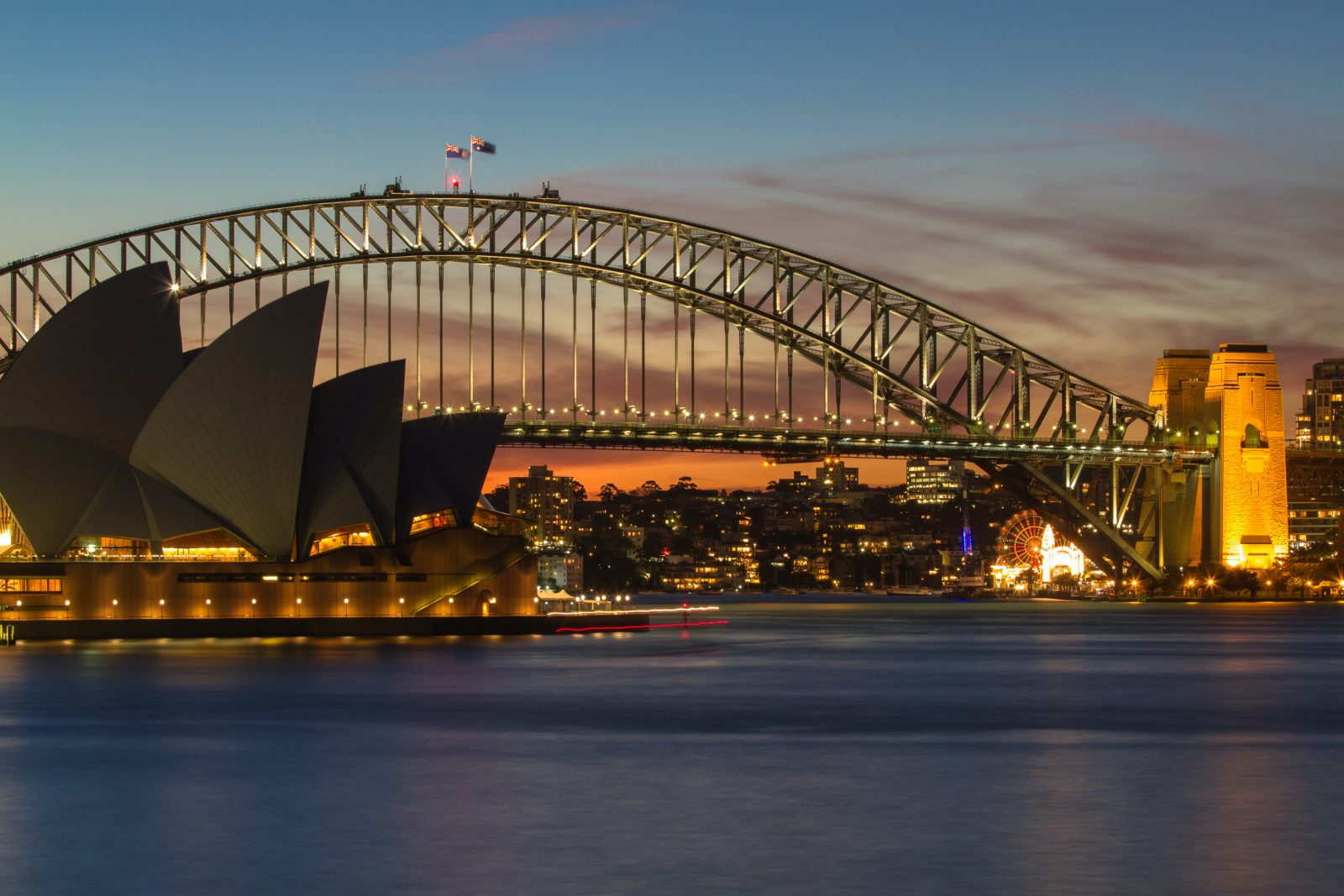Australia may only partially reopen its borders this year, if it opens them at all, according to Department of Health secretary Brendan Murphy during an interview with ABC News in a new warning that tough travel restrictions are likely to remain in force for some time to come.
The country has successfully controlled the spread of the novel Coronavirus and has largely prevented the importation of the virus through a mandatory hotel quarantine system. Only Australian citizens, residents and very limited exemptions are even allowed to enter Australia before enduring 14-day room confinement at a cost of around A$3,000 per adult.
“I think that we’ll go most of this year with still substantial border restrictions,” Dr Murphy told ABC. “Even if we have a lot of the population vaccinated, we don’t know whether that will prevent transmission of the virus,” he continued.
Australia is due to start its vaccine rollout by the middle of next month and hopes to have the entire adult population inoculated by the end of the year. There is, however, still no definitive evidence as to whether vaccination prevents someone from being able to infect someone else with the virus.
There are also unanswered questions over whether new fast-spreading variants of the virus could be more resistant to existing vaccines. The emergence of new variants in the UK, Brazil and South Africa has led to a number of countries imposing tough new border restrictions while research on the variants continues.
Qantas recently reopened international bookings for July based on what it believed would be the timescale for the soonest that border restrictions would begin to be eased. The airline was, however, slapped down by deputy prime minister Michael McCormack who said it was the government’s decision alone when borders would be reopened.
“Decisions about when international travel resumes will be made by the Australian Government,” McCormack said in a rebuke to Qantas chief executive Alan Joyce. “International borders will be opened when international arrivals to not pose a risk to Australians,” he continued.
Efforts to ease some restrictions, including allowing over 1,000 tennis players, staff and officials to travel to Australia for the Australian Open haven’t gone to plan. The tournament has been thrown into turmoil after health officials forced 72 pro tennis players into mandatory quarantine after other passengers and aircrew tested positive for COVID-19 on three charter flights to Australia.
The positive results were returned after arrival despite all passengers and crew being required to take a test before departure.
Before tourists are allowed to return to Australia, the country is looking to initially ease quarantine restrictions for returning citizens and residents. This may take the form of a shortened hotel quarantine period or self-isolation through the use of smart monitoring devices.
Only once health officials are confident that arrivals don’t pose a health risk to Australia will borders then be reopened to tourists – a timeline that is looking more than 2022 than 2021.
Mateusz Maszczynski honed his skills as an international flight attendant at the most prominent airline in the Middle East and has been flying ever since... most recently for a well known European airline. Matt is passionate about the aviation industry and has become an expert in passenger experience and human-centric stories. Always keeping an ear close to the ground, Matt's industry insights, analysis and news coverage is frequently relied upon by some of the biggest names in journalism.









Governments always prefer their subject locked indoors – tennis players and celebrities of course are excluded. They are much easier to deal with that way. Lockdowns in Australia (and New Zealand) will continue until the people make it clear that they’ve had enough, and not a moment before. The lockdowns in the Antipodes never had anything to do with health, and were always about control, and the vaccine therefore changes nothing.